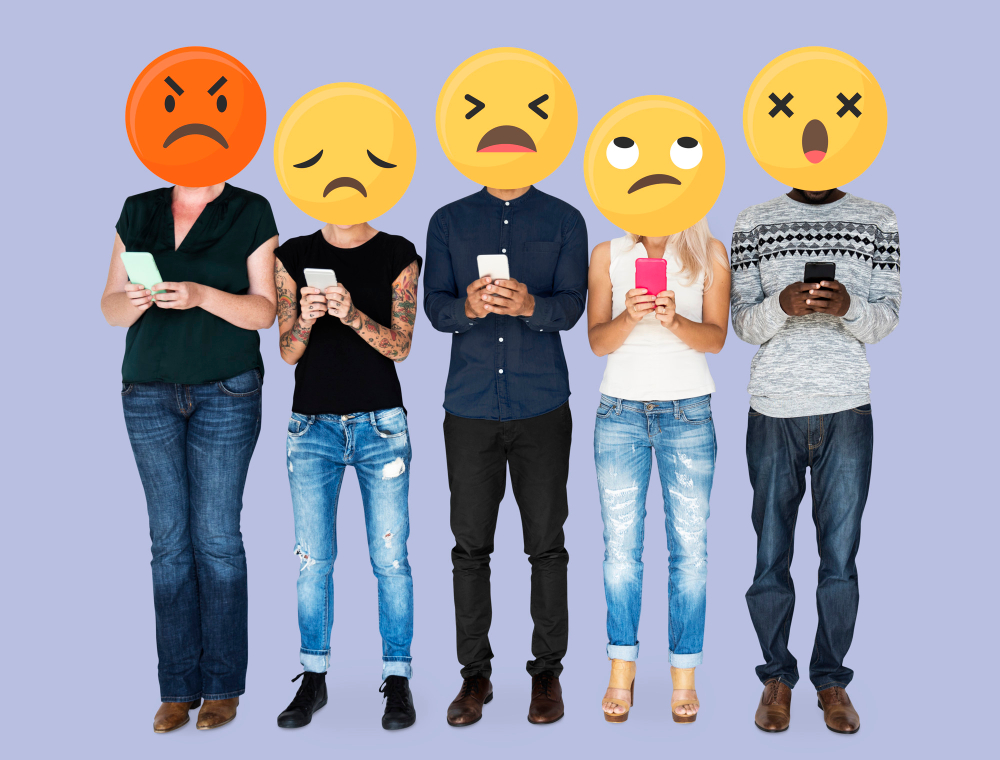Whether or not you should be Facebook friends with your competitors depends on a variety of factors and your specific goals as a business owner or professional. Discover the benefits and drawbacks of being friends with competitors on Facebook. Explore industry insights, collaboration opportunities, and potential risks to make an informed decision. Learn about privacy settings, professionalism, and alternative ways to stay connected within your industry.
Here are some considerations to help you make an informed decision:
Pros of Being Facebook Friends with Competitors:

- Networking and Industry Insights:
Being connected to competitors can provide you with valuable insights into industry trends, market developments, and potential collaboration opportunities. - Learning Opportunities:
Observing how competitors approach their social media strategies, marketing campaigns, and customer interactions can offer valuable learning experiences and inspiration for your own efforts. - Mutual Respect:
Connecting with competitors can promote a sense of camaraderie and professionalism within your industry, fostering a respectful and cooperative environment. - Engagement and Visibility:
Engaging with competitors’ content can increase your visibility within relevant circles, potentially attracting followers and customers who are interested in your field.
Cons of Being Facebook Friends with Competitors:

- Risk of Intellectual Property Leakage:
Sharing too much information with competitors, intentionally or unintentionally, could expose your proprietary strategies, ideas, or plans. - Conflicts of Interest:
If you’re privy to sensitive discussions or business strategies through your competitor connections, it could create ethical dilemmas and conflicts of interest. - Loss of Competitive Advantage:
Your competitor might gain insights into your activities, strengths, and weaknesses, potentially giving them a competitive edge. - Negative Interactions:
There’s a possibility that interactions with competitors could turn negative, leading to online conflicts or even impacting your reputation.
Factors to Consider:
- Industry Norms:
Consider the culture and practices within your industry. In some industries, networking with competitors is common and even encouraged, while in others, it might be viewed with suspicion. - Your Goals:
Define your purpose for connecting with competitors. Is it primarily for learning, collaboration, or market research? Align your intentions with your actions. - Social Media Strategy:
If your social media presence is primarily business-oriented, you might prefer to keep your personal connections separate from your professional network. - Privacy Settings:
Utilize privacy settings to control the level of information you share with your competitors and the broader public. - Professionalism:
Maintain a professional demeanor in your interactions, even if you’re friends with competitors. Avoid engaging in negative or confrontational behavior.
Alternatives:
If you’re concerned about the potential downsides of being Facebook friends with competitors, you could consider alternative ways of staying informed and connected within your industry:
- Join Industry Groups:
Participate in industry-related groups or forums where professionals discuss trends, challenges, and opportunities without directly connecting with competitors on a personal level. - Attend Events:
Attend conferences, seminars, and networking events to meet and interact with industry peers in person. - Follow Business Pages:
Instead of connecting as personal friends, follow your competitors’ business pages on social media to keep track of their public updates.
In the ever-evolving landscape of social media and business relationships, the decision to connect with competitors on platforms like Facebook is a nuanced one. Balancing the potential advantages with the risks requires careful consideration and alignment with your professional objectives.
Remember that the dynamics within your industry, the nature of your business, and your personal goals all play a role in this decision-making process. While being friends with competitors can offer insights, collaboration possibilities, and a sense of camaraderie, it’s equally crucial to be mindful of potential intellectual property concerns, conflicts of interest, and the safeguarding of your competitive advantage.
If you’re uncertain about forming direct connections with competitors, there are alternative approaches to maintaining industry awareness and engagement. Participating in industry groups, attending events, and following competitors’ business pages can help you stay informed without directly sharing your personal network.
Ultimately, the key lies in striking a balance that aligns with your professional ethics and long-term aspirations. By thoughtfully considering the pros, cons, and alternatives, you can navigate the world of social media connections with competitors in a way that benefits your growth, learning, and networking while safeguarding your business interests.
FAQ
Is it a good idea to connect with competitors on Facebook?
Connecting with competitors on Facebook has its pros and cons. It can provide industry insights, networking opportunities, and mutual respect. However, it also carries risks like potential intellectual property leakage and conflicts of interest.
What are the potential benefits of being Facebook friends with competitors?
Some benefits include learning from their strategies, staying informed about industry trends, and exploring collaboration possibilities. It can also enhance your visibility within your industry’s circles.
What are the risks of connecting with competitors on social media?
Risks include unintentional exposure of proprietary information, conflicts of interest arising from shared discussions, and the possibility of competitors gaining insights into your activities.
Are there alternatives to being friends with competitors on Facebook?
Yes, you can join industry groups, attend events, and follow competitors’ business pages for industry updates without forming personal connections.
WeDesign Facebook
